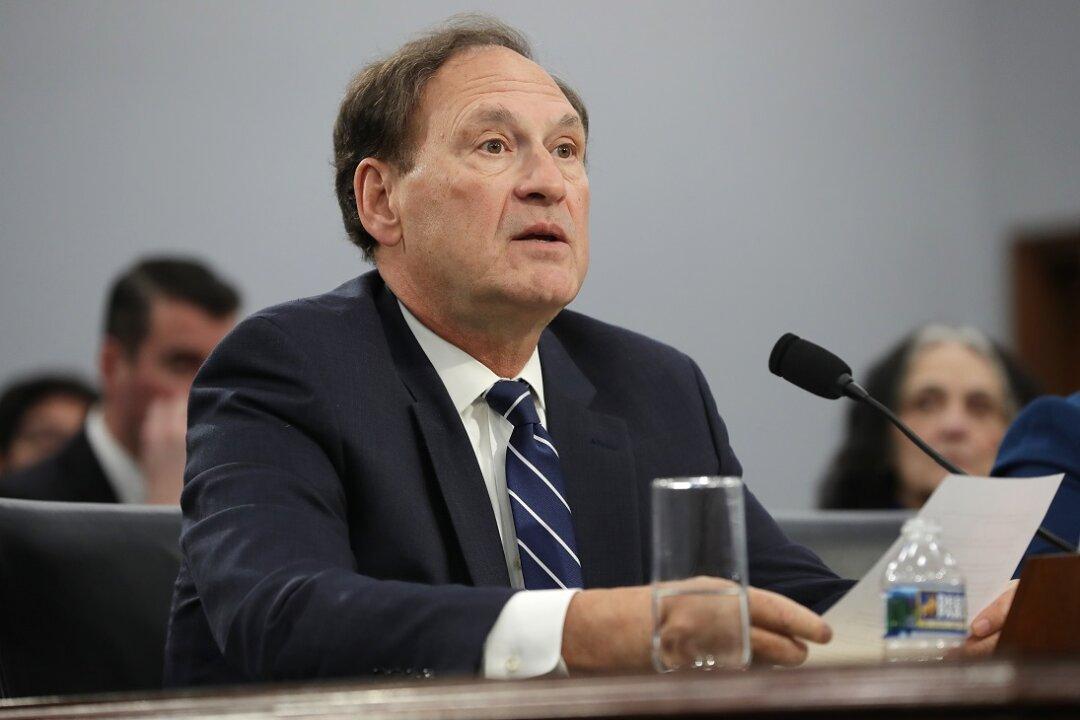The Supreme Court has ruled that debtors aren’t entitled to have impounded property immediately returned to them as soon as they declare bankruptcy.
The 8–0 opinion in the case known as City of Chicago v. Fulton was written by Justice Samuel Alito. Justice Amy Coney Barrett, who wasn’t yet a member of the high court when the case was argued on Oct. 13, 2020, didn’t participate in the case. Justice Sonia Sotomayor filed a separate, concurring opinion.





